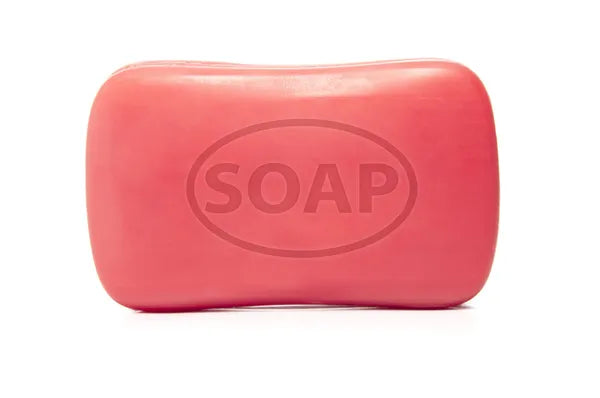
Cleaning cast iron: To Soap or Not To Soap?
Share
A commonly and highly debated topic in cast iron circles is the topic of cleaning a cast iron piece, and whether using soap and water is acceptable. Some believe that if you let soap touch a cast iron piece that you will ruin your family legacy and traditions, and Gammy will visit you in your sleep to haunt you for the remainder of your days. Others, have no issue with soap and water and believe that cleanliness has nothing to do with seasoning. To this ongoing debate, I humbly suggest that YES, you can absolutely use soap and water. Cleanliness does not affect seasoning if you are following the process correctly. And now that you have the answer ahead of time, I'll fill in the details that lead me to such a strong conclusion.
First I believe you have to ask yourself, "If Grammys from all walks of life used soap for washing clothes, cleaning our bodies, keeping germs away, washing the dishes and more... why in the world would a cast iron skillet be so different?" What is it about soap that is ok for cleaning our face but not cleaning our cookware? Lets look at two myths about cast iron and soap to see if we can discover the truth.
Myth 1: Soap has lye in it, and lye destroys cast seasoning!
100% true, AND 100% NOT true. The word "soap" is derived from a process called "saponification" which is what happens when you combine cleaning oils with an alkalli (lye) to make the soap itself. If made properly, the lye is absorbed in the process, rendering it inactive. Therefore, does not burn the skin when used to clean ourselves. So while it IS used in the process of making soap, it does not remain in the finished product. As for the second point about lye destroying seasoning, it is true that lye by itself is extremely caustic and will eat away gunk and grease on cast iron pans. Take it from a guy who's used lye baths to clean iron, it BURNS when coming in contact with skin. However, it is not active in soap after saponification, so while it technically has had lye integrated into it, it will not destroy seasoning.
Myth 2: My grandmother would KILL me if I used soap and water on my pan!
I sincerely hope for you that this is 100% not true because that either means your grandmother had some dirty old nasty pans when you were growing up, that she had a very short fuse in life, or it means you got it all wrong. Using water and soap will simply help to remove residual food that is left after cooking. It will do nothing to deteriorate the seasoning on the skillet itself. By leaving any grease or food on a piece of cookware, you run the risk of the oils becoming rancid, or the food attracting germs or worse. I highly doubt that grandma would be hanging up her trusty favorite skillet on the wall without being cleaned first.
So where does this misnomer come from? Well, it's hard to say without having the chance to actually ask grandma for her insight because unfortunately like my Grandma Clara Bell, many of them are no longer with us. So seeing as its difficult to ask, we can use logic to determine what they meant. It's important to remember that seasoning is not the process of leaving food and grease on a piece of cast iron. It is the process of polymerization of a coating of oil (basically burning off an oil application) to leave a protective layer against rust. Once a pan is seasoned a few times, it should not rust. With only a few layers, it could wear down and show signs of rust when you do something like boil water in it. But after a few more uses and wipe downs, you can even boil water without fear of rust forming. Seasoning is a protective layer, NOT a layer of bacon grease improperly washed.
So, in my humble opinion, based on the knowledge of what soap actually is made from, coupled with the science of seasoning, I find that there is no valid reason to not use soap and water when cleaning your pans.
When you do clean them, make sure you clean them thoroughly and wipe them completely dry. You may even put them in the oven for a few minutes to burn off the moisture. Then lastly you can wipe them down very well with a slightly oiled paper towel. Never leave a layer of oil on them. This isn't an oiled up body builder in a posing contest...its your vintage skillet. keep it light and it'll deepen in shine and slickness every time you use it properly. Enjoy the cook! - Phil
